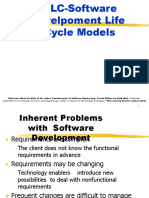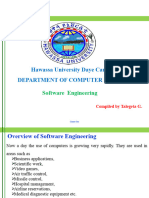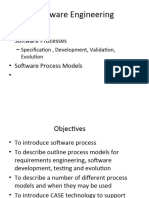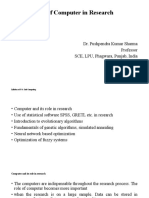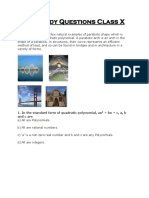0% found this document useful (0 votes)
52 views23 pagesS24 SDA Lecture 1
Uploaded by
hashir.afzal1999Copyright
© © All Rights Reserved
We take content rights seriously. If you suspect this is your content, claim it here.
Available Formats
Download as PPTX, PDF, TXT or read online on Scribd
0% found this document useful (0 votes)
52 views23 pagesS24 SDA Lecture 1
Uploaded by
hashir.afzal1999Copyright
© © All Rights Reserved
We take content rights seriously. If you suspect this is your content, claim it here.
Available Formats
Download as PPTX, PDF, TXT or read online on Scribd
/ 23






